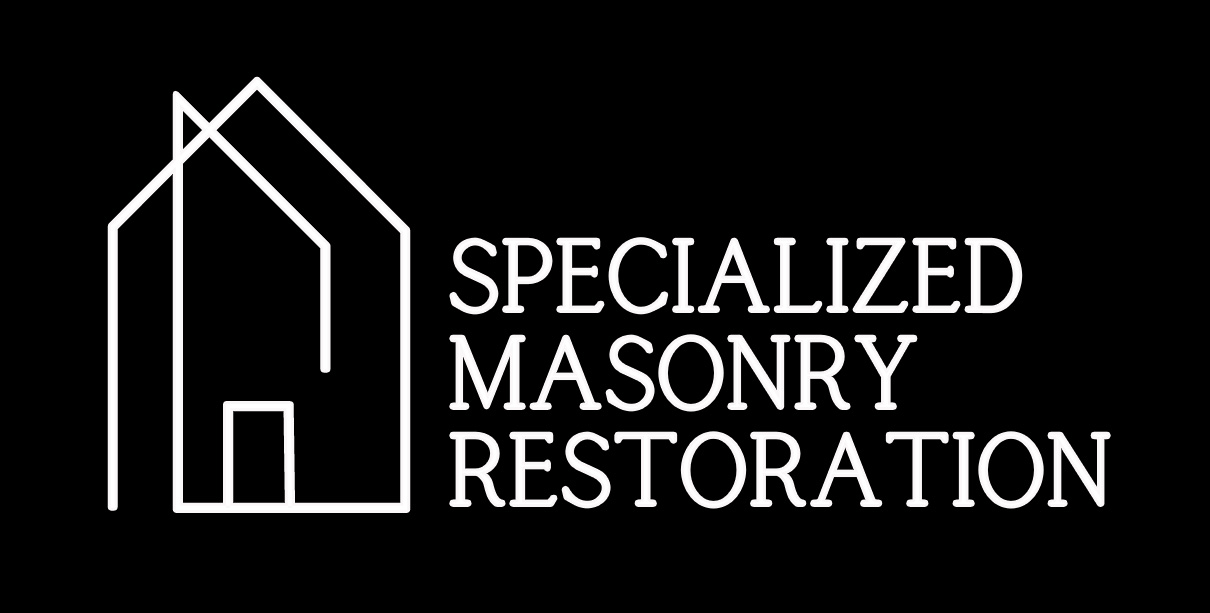Historic restoration in Bonham? Alan Pettingale’s business card says it all: “A brick building only has one life.” That is especially true of historic buildings that achieve iconic status in local communities. “When you lose one of those, you lose heritage,” says Pettingale. “You are not going to be able to put that backup.” Fittingly enough, Pettingale was sharing his expertise at an informal meeting held at Texcel Exploration, located in a historic building on the south side of the Bonham Square that has been restored by David and Teresa Stapp.
There is an art to properly repairing historic masonry structures and Pettingale is something of an artist. For more than 30 years, he has been designing and implementing a wide range of masonry stabilization and restoration strategies.
Maintaining historic downtowns requires a somewhat unique skill set — unique in Texas, anyway. Pettingale is from England, where the art of remedial masonry stabilization has been practiced for centuries. The oldest structure he has worked on was the York Wall in Yorkshire built almost 2,000 years ago by the Romans. Examples of Pettingale’s masonry expertise in North Texas include Heard-Craig House in McKinney and First Christian Church in Bonham.
So, what does a masonry expert with a deep appreciation for historic structures notice first when he looks at downtown Bonham?
I’m concerned when I walk around the square and see the exposed walls,” Pettingale states, referring to flank walls that were never meant to be exposed to the elements.
If one building collapses, it exposes two flank walls.
People think, ‘Ah, I’ll just slap a bit of mortar on it,’ but it is a bit more complicated than that,” says Pettingale.
To understand how these buildings can be stabilized, it requires a working knowledge of how they were put together in the first place. Concrete wasn’t readily available until the late 1800s, therefore a lime-based mortar, similar to the mortar used extensively by the Romans, is commonly found in Texas structures built 1850-1880. Lime-based mortar, while not as hard as Portland cement, has important characteristics that provide advantages when working with natural stone and other softer building materials often found in historic structures.
Pettingale has been applying his knowledge of historic masonry restoration, when called upon, for the past 14 years in Bonham. Most recently, he has been offering advice as City of Bonham officials and concerned building owners consider devising a comprehensive plan that would ensure public safety in a high-traffic area dominated by historic structures. Locals remember the building that fell 36 hours before a crowd would have been gathered in that exact location during Heritage Day Celebration in 2013.
When one building becomes unstable or actually falls, it can have a detrimental effect on the surrounding buildings.
“When these structures are all intact and tight, they all support each other,” explained Pettingale. “Basically, we are working with a set of dominoes.”
Since the structures are all dependent on each other, it is important to educate owners of the buildings regarding what should be a common goal to preserve their investment and protect the public. A consensus is growing to form a Downtown Bonham Association to address this concern.
“Once the owners of buildings on the square understand the significance of a sound and reasonable project such as this, an effect will be caused to produce a movement that is vital to the preservation of the heritage of Bonham,” David Stapp predicted.
“I think this is a project that should be explored if it will preserve and implement safety to the historical buildings on the square,” added Teresa Stapp.
As this discussion gains momentum, look for Bonham City Council to consider tools at its disposal to ensure public safety.
Pettingale says it is fairly easy to spot any one of a handful of telltale signs that indicate a deteriorating historic masonry structure presents a danger to the public. With the advent of high resolution aerial photography, documenting that danger is relatively easy. Pettingale offered to work with a local engineering student who wants to specialize in remedial masonry stabilization.
Historic restoration in Bonham? “They could use me as a resource,” remarked Pettingale.






